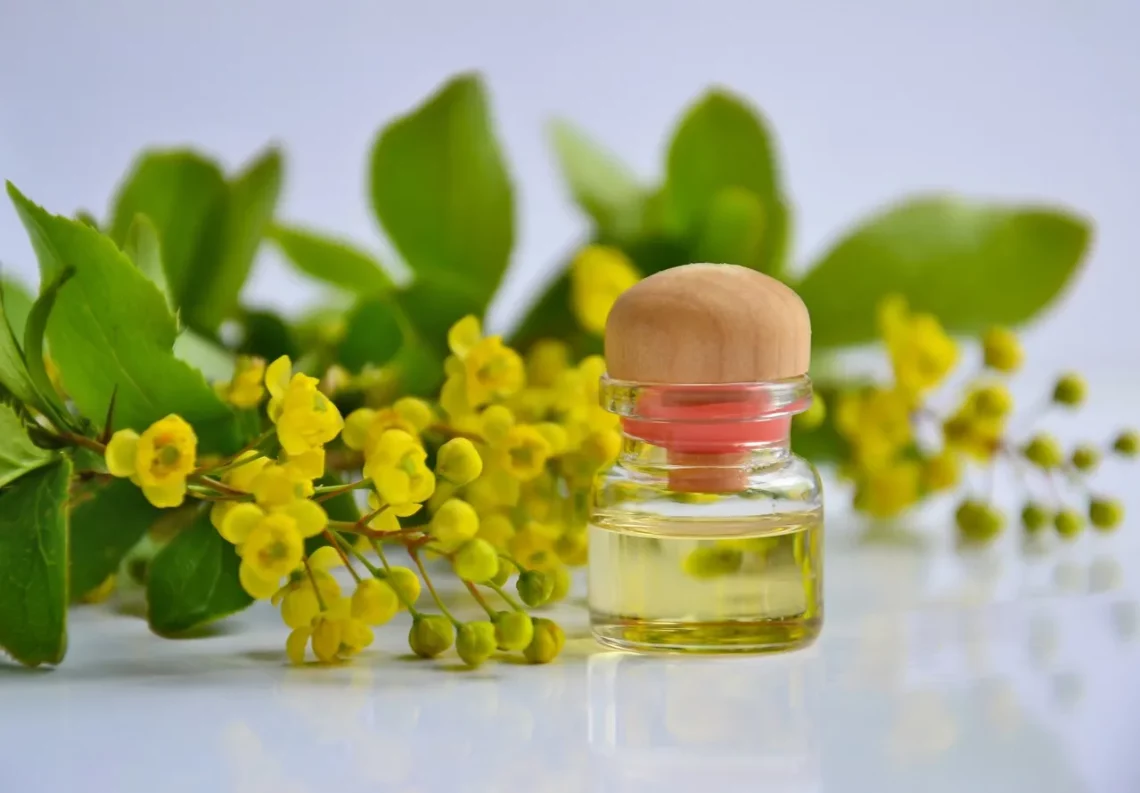
Argan Oil vs Jojoba Oil: Which One is Best for Your Skin?
The quest for the perfect skin care product often leads individuals to explore various natural oils, each promising a plethora of benefits. Among the most popular choices are argan oil and jojoba oil, both revered for their unique properties and versatility in skincare routines. These oils have gained immense popularity, thanks to their rich compositions and the multitude of claims surrounding their skin-enhancing benefits.
Argan oil, derived from the nuts of the argan tree native to Morocco, is often celebrated for its moisturizing and nourishing qualities. Packed with essential fatty acids, vitamin E, and antioxidants, it has become a staple in many beauty regimens. On the other hand, jojoba oil, extracted from the seeds of the jojoba plant, closely resembles the natural oils produced by human skin. This similarity allows it to be easily absorbed, making it an excellent choice for all skin types, especially for those with oily or acne-prone skin.
As consumers become more conscious of their skincare choices, understanding the differences and benefits of these oils is essential. Both argan and jojoba oil offer remarkable hydration and nourishment, but their unique characteristics may make one more suitable than the other for specific skin concerns. Exploring these distinctions can help individuals make informed decisions about their skincare routines, leading to healthier, more radiant skin.
Understanding Argan Oil: Origins and Benefits
Argan oil has been used for centuries, particularly in Moroccan culture, where it is often referred to as “liquid gold.” Its extraction process is labor-intensive, as the nuts must be collected, roasted, and then pressed to yield the precious oil. This meticulous preparation contributes to its high nutritional value, making it rich in essential fatty acids, such as oleic and linoleic acid, as well as antioxidants and vitamins.
One of the primary benefits of argan oil is its ability to deeply moisturize the skin. The oil forms a protective barrier on the skin’s surface, preventing moisture loss while delivering essential nutrients. This makes it an excellent choice for individuals with dry or dehydrated skin. Additionally, argan oil is known for its anti-aging properties. The antioxidants present in the oil help combat free radicals, which can lead to premature aging. Regular use can promote elasticity and a youthful appearance, making it a popular ingredient in anti-aging skincare products.
Another significant advantage of argan oil is its versatility. It can be used not only for facial care but also for hair and body. Many people incorporate it into their hair care routines to enhance shine, reduce frizz, and promote overall hair health. Furthermore, its anti-inflammatory properties can soothe irritated skin, making it beneficial for conditions such as eczema or psoriasis.
Despite its numerous benefits, it’s essential to choose high-quality, pure argan oil to maximize its effectiveness. Look for cold-pressed varieties that retain the oil’s natural properties. When incorporated into a daily skincare routine, argan oil can help achieve a healthy, radiant complexion, while also providing additional benefits for hair and body care.
Exploring Jojoba Oil: Nature’s Miracle for All Skin Types
Jojoba oil stands out for its unique molecular structure, which closely resembles human sebum, the natural oil produced by our skin. This similarity allows jojoba oil to be easily absorbed without clogging pores, making it suitable for all skin types, including oily and acne-prone skin. Its lightweight consistency ensures that it hydrates the skin without leaving a greasy residue.
One of the key benefits of jojoba oil is its ability to balance oil production. For those with oily skin, using jojoba oil can signal the skin to reduce its own oil production, helping to prevent breakouts. Additionally, its anti-inflammatory properties can calm irritated skin and reduce redness, making it an excellent choice for those struggling with acne or rosacea.
Jojoba oil is also rich in vitamins and minerals, including vitamin E, B vitamins, and zinc, which contribute to its nourishing effects. It helps to promote skin healing, making it a beneficial ingredient for minor cuts, sunburns, or other skin irritations. Furthermore, jojoba oil is often used in formulations aimed at reducing the appearance of fine lines and wrinkles, as it helps to maintain skin elasticity and moisture levels.
Another advantage of jojoba oil is its ability to act as a natural makeup remover. Its gentle formula effectively dissolves makeup without harsh chemicals, making it suitable for sensitive skin. When used as part of a cleansing routine, it can leave the skin feeling clean, hydrated, and refreshed.
Overall, jojoba oil’s versatility and compatibility with various skin types make it a popular choice for those looking to enhance their skincare routine. Incorporating this oil can lead to a balanced, healthy complexion, while also providing nourishment and protection against environmental stressors.
Comparing the Two Oils: Which One is Right for You?
When it comes to choosing between argan oil and jojoba oil, it’s essential to consider your specific skin type and concerns. Both oils offer unique benefits, and understanding these differences can help you select the best option for your skincare needs.
If you have dry or mature skin, argan oil may be the more suitable choice. Its rich, nourishing properties provide deep hydration and are particularly beneficial for combating signs of aging. The antioxidants found in argan oil can help restore a youthful glow, making it ideal for those looking to improve skin texture and elasticity.
On the other hand, if you have oily or acne-prone skin, jojoba oil might be the better option. Its lightweight consistency and ability to mimic the skin’s natural oils make it effective in balancing oil production. Jojoba oil can help reduce breakouts while still providing the necessary hydration, making it a great addition to a skincare routine focused on managing excess oil.
Additionally, consider your specific skincare goals. If you are looking for a multi-purpose oil that can be used for hair and body care as well, argan oil may offer more versatility. Conversely, if you prefer an oil that can easily integrate into your cleansing routine and provide a lightweight feel, jojoba oil is an excellent choice.
Ultimately, both argan oil and jojoba oil have unique properties that can enhance your skincare routine. It may even be beneficial to incorporate both oils into your regimen, using them for different purposes to achieve optimal results. Always remember to patch test any new product to ensure compatibility with your skin, and consult with a skincare professional if you have specific concerns.
In conclusion, understanding the unique benefits and characteristics of argan oil and jojoba oil can empower you to make informed choices for your skincare routine. Both oils have proven their worth in the realm of natural beauty, and selecting the right one for your skin can lead to healthier, more radiant results.
**Disclaimer:** This article is intended for informational purposes only and should not be considered medical advice. Always consult a healthcare professional for any health-related concerns.




